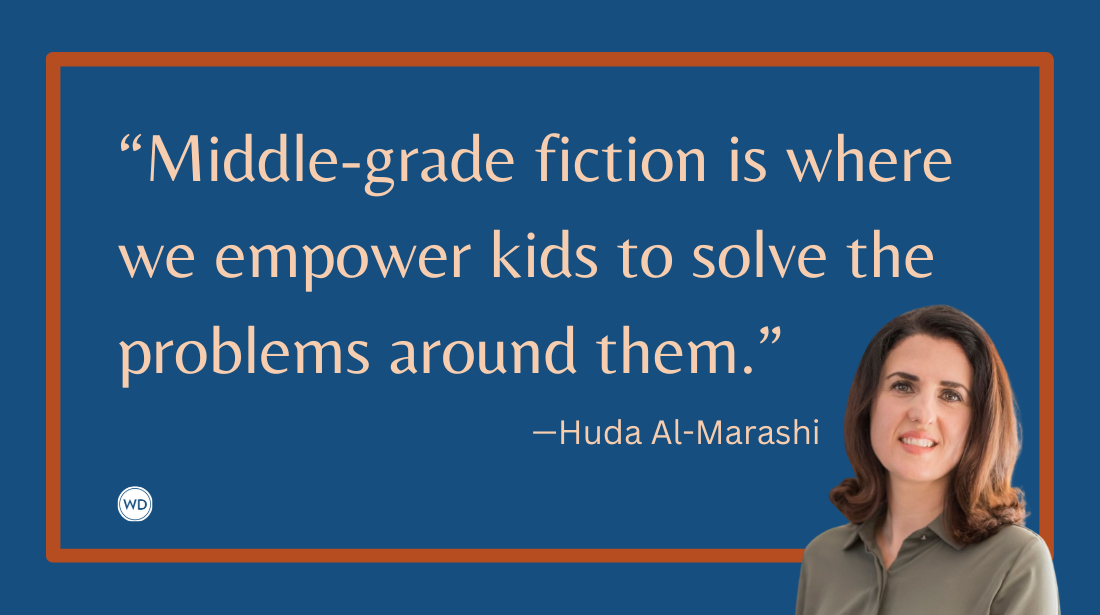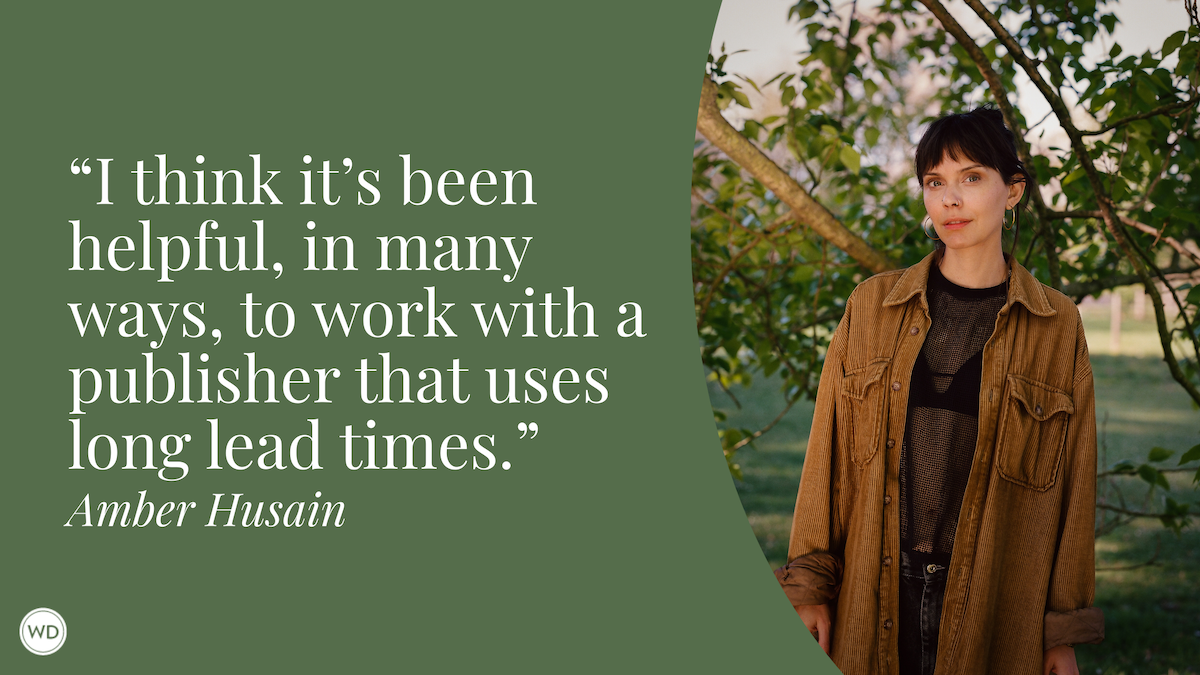Tarisai Ngangura: On the Sadness of Finishing a Book
In this interview, author Tarisai Ngangura discusses the surprising feedback she received from publishers with her debut literary novel, The Ones We Loved.
Tarisai Ngangura is a journalist and photographer. Born and raised in Zimbabwe, she completed her post-secondary education at what was then Ryerson University in Canada. Reporting from Brazil, Canada and the US, her essays and interviews have appeared in Rookie Mag, T: The New York Times Style Magazine, Lapham’s Quarterly and the Globe and Mail. Previously at Vanity Fair, Ngangura currently splits her time between Toronto and Manhattan. Follow her on Instagram.
In this interview, Tarisai discusses the surprising feedback she received from publishers with her debut literary novel, The Ones We Loved, her hope for readers, and more.
Name: Tarisai Ngangura
Book title: The Ones We Loved
Publisher: Park Row Books/HarperCollins
Release date: May 6, 2025
Genre/category: Literary Fiction/Coming-of-age
Elevator pitch: A love story that is also a story of loss, and a story about home being the first thing we truly know how to love and leave.
What prompted you to write this book?
I can’t really pinpoint a singular reason or a moment that was the genesis. What I can say is that I started with two characters and the story grew from their viewpoints, while also encompassing their surroundings. As a journalist, all of my work begins with a very clear-eyed and definitive prompt, so it was somewhat of a pivot to start writing a book while only having a theme in mind—which so happened to be “love.”
How long did it take to go from idea to publication? And did the idea change during the process?
From idea to publication, it took about four years. The idea never changed all that much because the love story remained at the center of the narrative. But the manner in which that love manifests changed quite dramatically, from the novel’s first iteration to its final state. There is definitely more tenderness and warmth in the final version than there was in earlier drafts. During the editing process, I remember my editor suggesting that I add more levity and moments of play in the chapters. That really strengthened the novel, while also making me realize that many of my favorite reads work well because there is always humor alongside the melancholy and sadness. It’s the thing that makes the characters feel close at hand, and it also adds so much life and clarity to the storytelling.
Were there any surprises or learning moments in the publishing process for this title?
I was surprised and really thrilled by how easily my first readers trusted my voice when they began the story. A problem I had when the publishing team started pitching my novel to other publishing houses was, although they loved the story and the language, they had a hard time feeling connected to the characters because the main protagonists are unnamed. It was odd feedback to receive because not knowing someone’s name has never stopped me from being able to feel connected to them. I was surprised that publishing people took that as somewhat of a hindrance, instead of looking at it as a key part of the story, and an intentional narrative choice. So, I was quite moved and elated that early readers were able to quickly adapt to that facet of the book and immerse themselves into the story fully. I’m also grateful that my publisher never required that I add names because their implicit trust fortified my desire to keep that part of the novel as it was.
Were there any surprises in the writing process for this book?
I have the distinct impression that I finished writing the book several times. There wasn’t really one grand moment of realization when the book was finished and I put it away. I think what I remember now is that one day I tried to return to it, and I realized there was nothing left for me to write or to revise. But that moment didn’t come with the finality that I had expected. It was actually quite ordinary and that was surprising to me. I’ve also felt unexpected waves of sadness since I finished writing the book; and I am certain it’s not because I wanted to keep writing, but because this book is no longer something that is solely mine.
What do you hope readers will get out of your book?
I hope they learn patience with my book. I hope they learn how to read and reread and really sit with a story. And that when love is not enough, faith and hope can be the things that fill the empty spaces.
If you could share one piece of advice with other writers, what would it be?
Just start.








